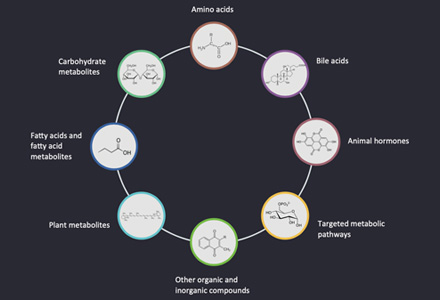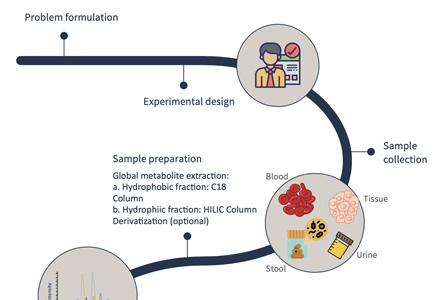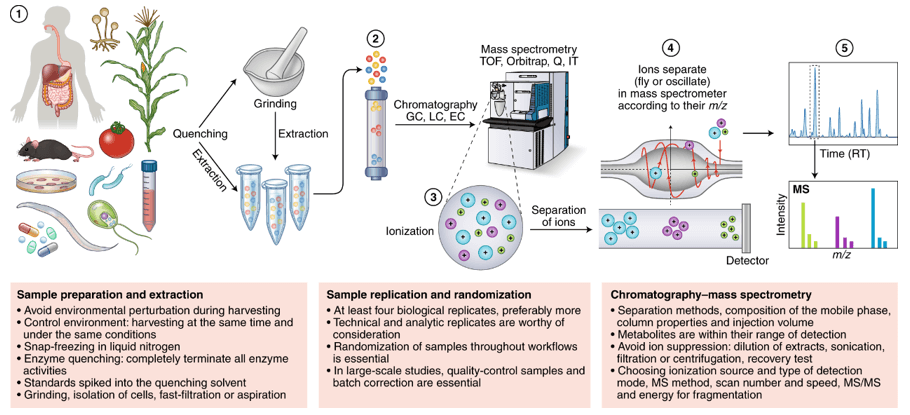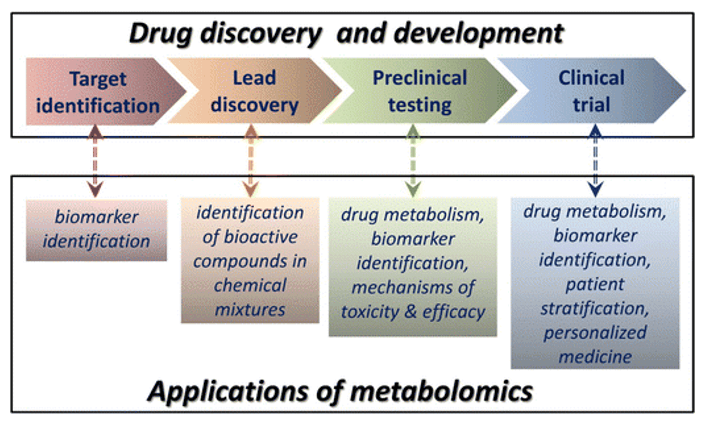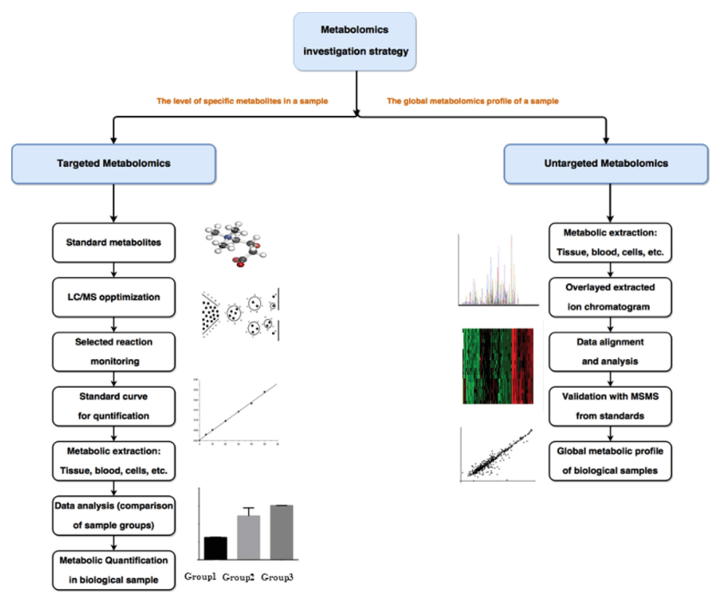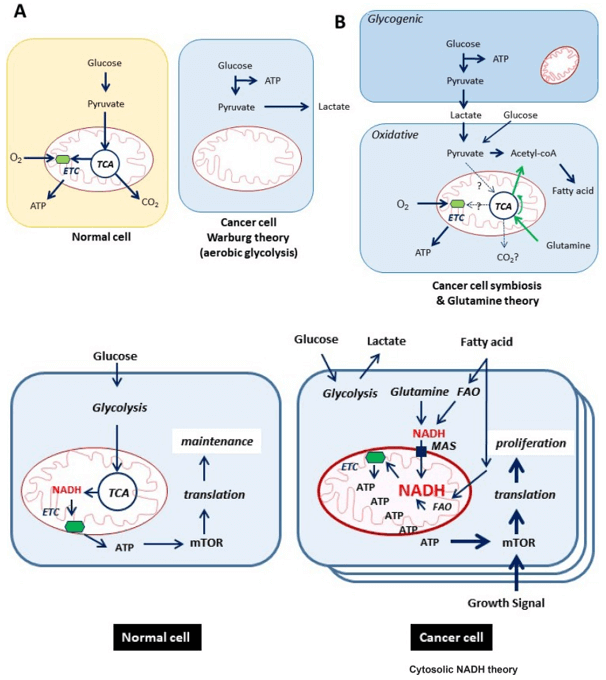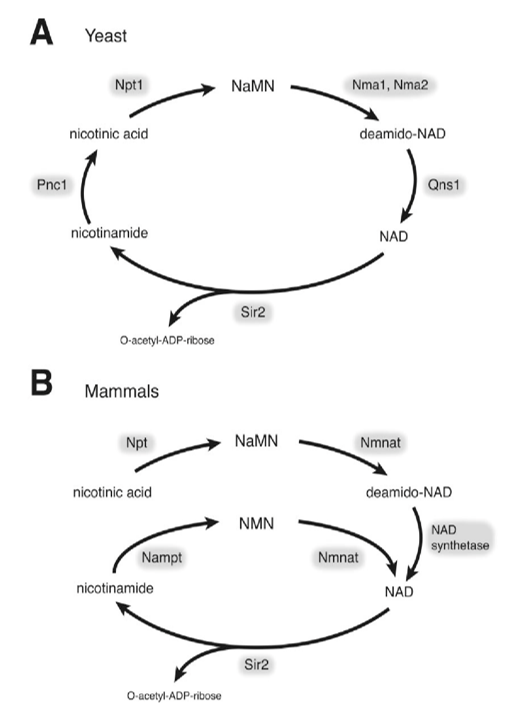Starch and Sucrose Metabolism Service
Submit Your InquiryOverview
Starch is a polymeric carbohydrate consisting of a large number of glucose units connected by glycosidic bonds. Similarly, sucrose is a kind of carbohydrate and composed of two monosaccharides: glucose and fructose. Basically, the starch and sucrose metabolism begin with D-fructose that interacts with a D-glucose in a reversible reaction through a maltodextrin glucosidase. By multiple procedures, the metabolism of starch and sucrose produce several important intermediates like glucose-6-phosphate and fructose-6-phosphate, which interact with other metabolic pathways including glycolysis and gluconeogenesis. It would not be surprising that the aberrant starch and sucrose metabolism is closely associated with several human diseases including familial tumoral calcinosis and trehalase deficiency. The metabolism of starch and sucrose provides a powerful way to diagnosis and gain new insights in disease mechanism or treatment. With integrated array of separation, characterization, identification and quantification experience, Creative Proteomics provides reliable, rapid and cost-effective the starch and sucrose metabolism analysis service for your various scientific purposes.
The Main Applications of Starch and Sucrose Metabolism Service
Advantages of Our Starch and Sucrose Metabolism Service
Service Workflow
The starch and sucrose metabolism service provided by Creative Proteomics is based on our cutting-edge chromatographic separation and mass spectrometry platforms. The experimental workflow involves 4 steps: sample collection, metabolites extraction, HPLC data analysis and bioinformatics analysis (Figure 1). Our service will be tailored to specific samples and needs for optimal results.
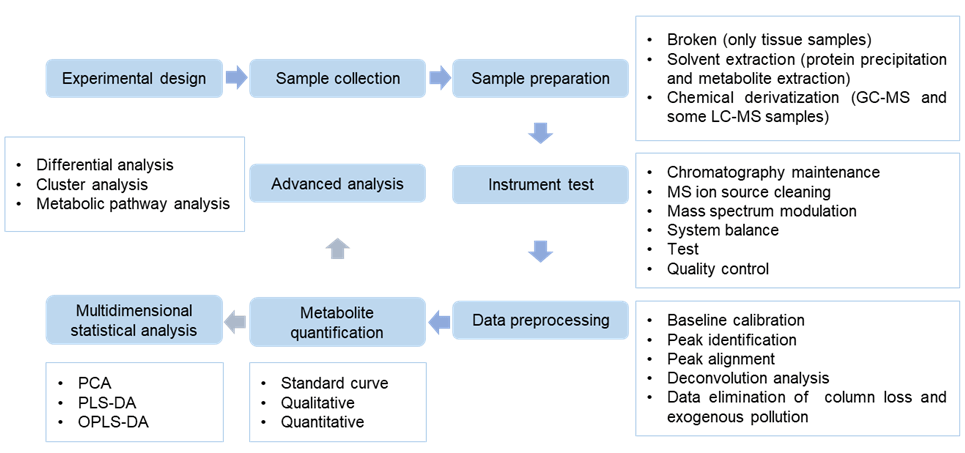 Figure 1. The overall workflow of TCA cycle metabolism service.
Figure 1. The overall workflow of TCA cycle metabolism service.
List of Detectable Starch and Sucrose Metabolism at Creative ProteomicsD-glucose D-fructose Beta-D-glucose Beta-D-glucose-6-phosphate Beta-D-fructofuranose-6-phosphate Galactose-1-phosphate Glycogen Uridine diphosphate glucose Uridine-5-diphosphate Trehalose-6-phosphate Beta-D-glucose dTDP-Beta-L-rhamnose dTDP-alpha-D-glucose Alpha-D-glucose-1-phosphate Dextrin
| D-glucose | D-fructose | Beta-D-glucose |
| Beta-D-glucose-6-phosphate | Beta-D-fructofuranose-6-phosphate | Galactose-1-phosphate |
| Glycogen | Uridine diphosphate glucose | Uridine-5-diphosphate |
| Trehalose-6-phosphate | Beta-D-glucose | dTDP-Beta-L-rhamnose |
| dTDP-alpha-D-glucose | Alpha-D-glucose-1-phosphate | Dextrin |
Sample Requirements
We can analyze any biological materials including but not limited to cells and tissues. If you need transport your samples to us, please follow the below requirements for different types of samples:
- Blood/plasma: 500ul/sample
- Urine: 1ml/sample
- Tissue: 200mg/sample
- Cells: 1x107/sample
- Feces: 500mg/sample
Shipment condition: dry ice
Report Delivery
- Experimental procedures
- Instrument parameters
- HPLC and MS raw data files
- Compound quantification results
- Bioinformatics analysis report (PCA, KEGG, etc.)
Creative Proteomics has advanced mass spectrometry instrumentation and a team of bioinformatic analysts to provide customized targeted compound analysis services. If you need to analyse additional compounds, please contact us.
References
- Sprecher Eli. Familial tumoral calcinosis: from characterization of a rare phenotype to the pathogenesis of ectopic calcification. J Invest Dermatol. 2010,130:652-660.
- Gudmand-Høyer E, Fenger H J, Skovbjerg H, Kern-Hansen P, Madsen P R. Trehalase deficiency in Greenland. Scand J Gastroenterol. 1988,23:775-778.


